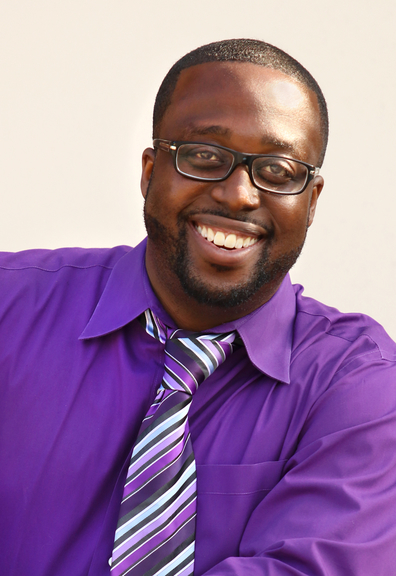
Q: On behalf of the Relationship Counseling Center of Maryland (RCC), thank you for being on staff as a therapist! What has been the most exciting part in working with RCC and its clients?
A: The most exciting part about working at RCC is that we are very collaborative here as staff and with our clients. I have been a part of this practice for 5 years now and I appreciate the spirit of working together as a family with our staff and how we make it clear to our clients that the therapy process is a collaborative process as well. This makes everyone feel that they have agency and our clients always seem empowered knowing that we value their efforts, thoughts, and growth in their treatment.
Q: In your style of therapy, do you like to tackle the main issue head-on, or focus on the deeper issues first?
A: Clinically, it is helpful to start understanding the main issue first. Clients need answers or insight about their issues quickly. My style is to understand the presenting problem first and start to explore the deeper issues over time. Tackling the main issue head on also gives clients reassurance that you understand their concerns and that you are dedicated to addressing their problems. But, my current clients will tell you – I give a lot of attention to the deeper issues for the majority of the treatment because we need to “treat the wounds” and not just apply band-aids.
Q: Have you yourself been to therapy?
A: Yes, I have been to therapy myself. I was in therapy for about 2.5 years and I wrapped up my treatment a couple of months ago. Going to therapy is one of the most important decisions I have made in my life both personally and professionally. In fact, going to therapy and working out my own inter- and intrapersonal issues has made me stronger as a person and a therapist. The best reward is seeing how my clients are getting the best version of myself. I honestly feel that you cannot be a therapist and not go to therapy yourself at some point – practice what you preach!
Q: What was the moment you realized you wanted to be a marriage and family therapist?
A: I always knew that I wanted to be a clinician but I realized that I wanted to be a marriage and family therapist when I was in college and I took a class on couples’ relationships my senior year. There, I started to understand romantic relationships and divorce better. I did not understand how complicated relationships were when I was younger and so I was curious to go into a field that allowed me to understand relational dynamics in a clear and effective way.
Q: What do you like most about working with people?
A: Getting to know them – hands down! My clients and I have a strong connection. This strong bond exists because it is important to take the time to get to know them outside of their presenting problems. My clients are amazing people and my job is to keep reminding them that they are not their problems and there are strengths and endearing qualities about them. This therapeutic relationship provides the trust that keeps them secure during the treatment process.
Q: Outside of being a therapist, what are some of your hobbies?
A: I like to travel domestically and internationally, work out (I do a lot of cardio throughout the week), play video games, try different restaurants and watch movies with my fiancée. I am a very busy person so most of my hobbies are predicated on me relaxing and having a great time with my fiancée and friends.
Q: What do you do for self-care?
A: I do a couple things for self-care – I work out, watch my favorite shows, and laugh. Anyone who knows me knows that I believe that laughing is the best self-care tool because it is the cheapest and easiest way to stay healthy and sane!
Q: In your experience, what is the most important thing that can strengthen a relationship?
A: Being non-judgmental. In my opinion, we live in a society that is so polarized and judgmental that it inhibits folks from truly being themselves. I see it play out in couples’ relationships where partners feel that they cannot always be who they are, in fear that their partner will either judge them or not want to be with them. That is a shame. Not judging your partner allows for more emotional intimacy, it fosters a deeper level of trust, and it honestly makes things much more relaxed. I always want my couples to be clear with their partner; it is preferred to be your true self (whatever that may look like) and love yourself because authenticity without judgments allows for the best version of the relationship to surface.


